The draft Law on Prevention and Combat of Human Trafficking (amended) has added provisions on prohibited acts: "buying and selling fetuses; agreements to buy and sell people while they are still fetuses".

Morning of August 13, continued legal seminar In August 2024, the National Assembly Standing Committee gave its opinion on explaining, accepting and revising the draft Law on Prevention and Combat of Human Trafficking (amended). This is the draft Law that was discussed and commented on by the National Assembly for the first time at 7th Session.
Reporting on some major issues in receiving and revising the draft Law, Chairwoman of the Judiciary Committee Le Thi Nga said that regarding the concept of victim, there were opinions from delegates suggesting that in cases where a person who is trafficked has consented to be trafficked by another person, he or she is not considered a victim of trafficking. human trafficking
The Standing Committee of the Judiciary Committee found that, according to the provisions of the draft Law, cases of human trafficking under 18 years old, even with the consent of the victim, are still considered human trafficking, because people under 18 years old are not yet fully developed in terms of awareness, so they will be protected by the law at a higher level.
In the case of buying and selling people over 18 years old with consent, this Law does not consider it human trafficking, because the element of means (using force or threatening to use force, deception) is a mandatory element in the act of human trafficking. Due to the change in the concept of victim, the draft Law has added a transitional provision to handle this case.
Ms. Nga also said that there were opinions from delegates suggesting that children born to victims of human trafficking are also victims. According to the Standing Committee of the Judicial Committee, in reality, there are many cases where children are born while their mothers are being trafficked. These children are not direct subjects of human trafficking, except in cases where there is an agreement to buy and sell the child while still in the womb.
However, to ensure humanity and protect children's rights, the draft Law has provisions to support people under 18 years old accompanying victims and people in the process of being identified as victims, such as support for essential needs, medical care, psychology, travel expenses, legal support, and interpretation.

Regarding the act of buying and selling fetuses, some delegates suggested adding the act of buying and selling fetuses to Clause 1, Article 2 of the draft Law (explaining the act of human trafficking) to serve as a basis for effectively fighting and preventing the current situation of human trafficking agreements while still in the fetus stage.
The Standing Committee of the Judiciary Committee found that the fetus has not been identified as a human being, so it is inappropriate to define the sale of fetuses in the concept of human trafficking. However, in reality, there is a situation of buying and selling fetuses with the aim of buying and selling the child after birth, and this agreement to buy and sell is a premise for human trafficking.
Therefore, to ensure early prevention and containment, respond to practical requirements, and absorb the opinions of National Assembly deputies, Article 3 of the draft Law has been supplemented with a clause (clause 2) regulating prohibited acts: "buying and selling fetuses; agreeing to buy and sell people while they are still fetuses".
The draft also adds a clause (clause 4) to Article 35, stipulating that the protected subjects are: "Individuals participating in preventing and combating human trafficking and supporting victims" to protect their legitimate rights and interests and encourage them to participate in preventing and combating human trafficking.
Regarding the scope of protection for relatives of victims and those in the process of being identified as victims, the Standing Committee of the Judiciary Committee believes that not all relatives are entitled to protection measures, but only those who have been abused, threatened with abuse or are at risk of having their life, health, honor, dignity and property violated and are involved in a human trafficking case are protected under this Law.
Incorporating delegates' opinions, the draft has added a clause (clause 4) to Article 36 regulating the scope of protection for relatives of victims, people in the process of being identified as victims, and individuals participating in preventing and combating human trafficking and supporting victims.
Once completed, the draft Law will be submitted to the National Assembly for comments and approval at the 8th Session (October 2024).
Source








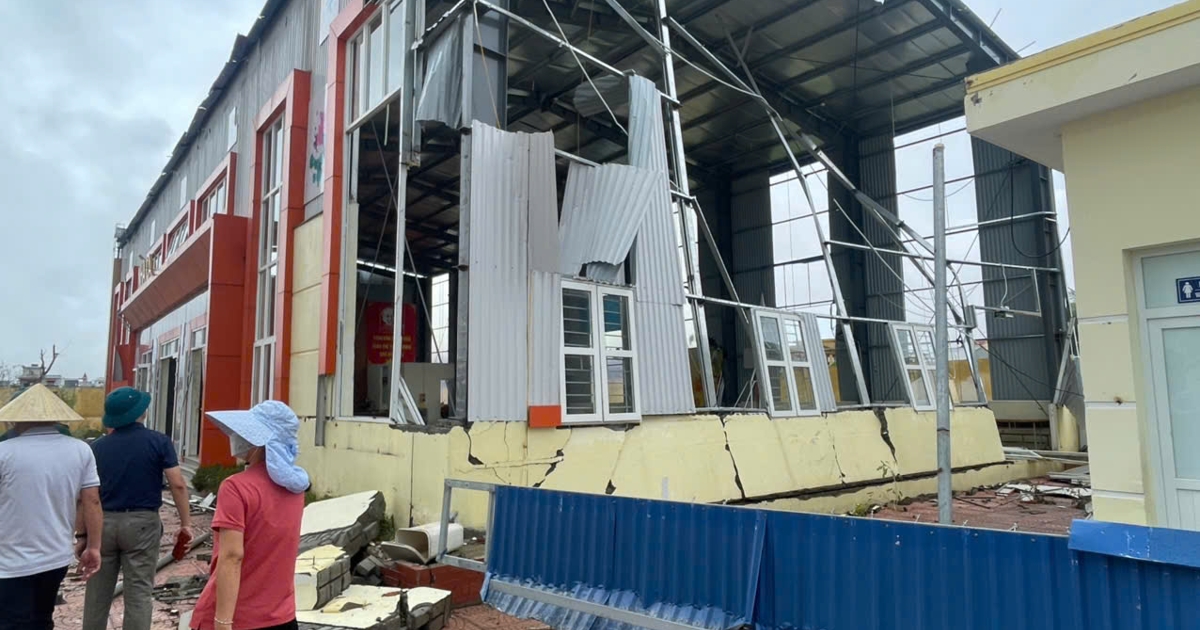

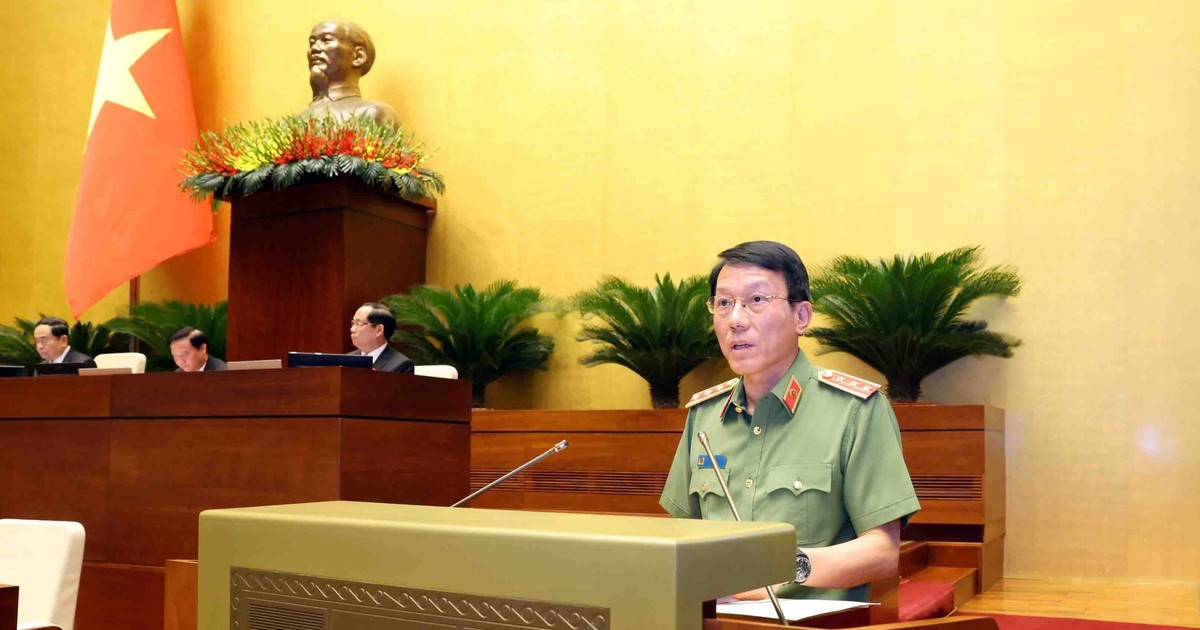
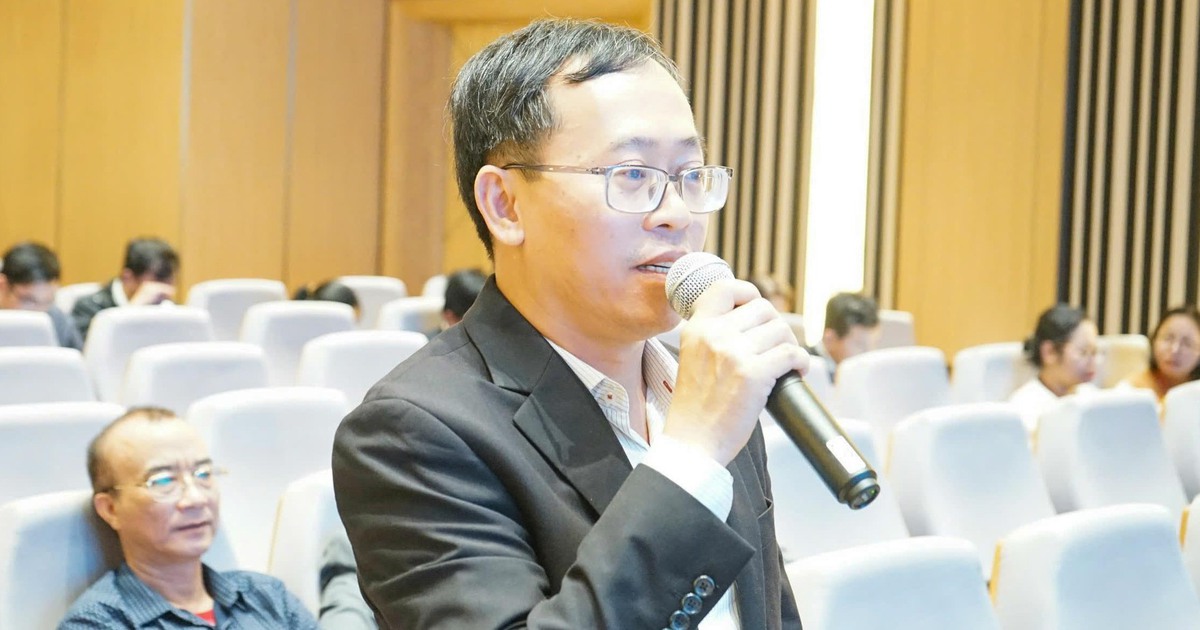


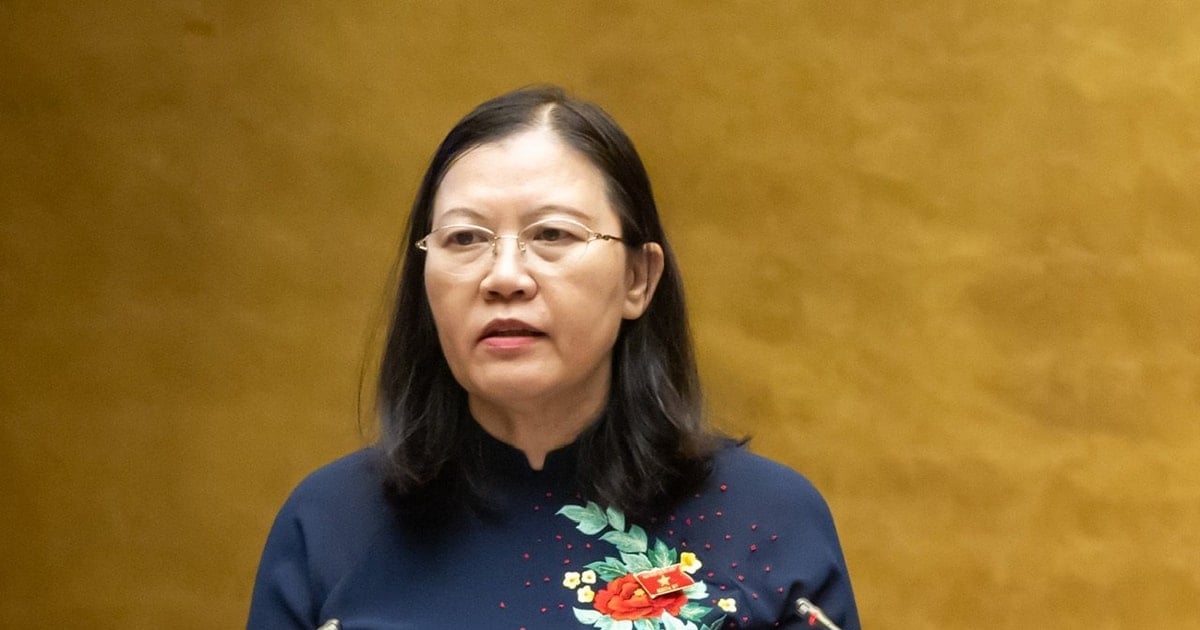

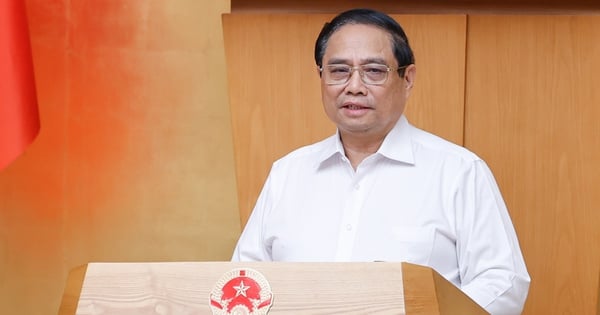









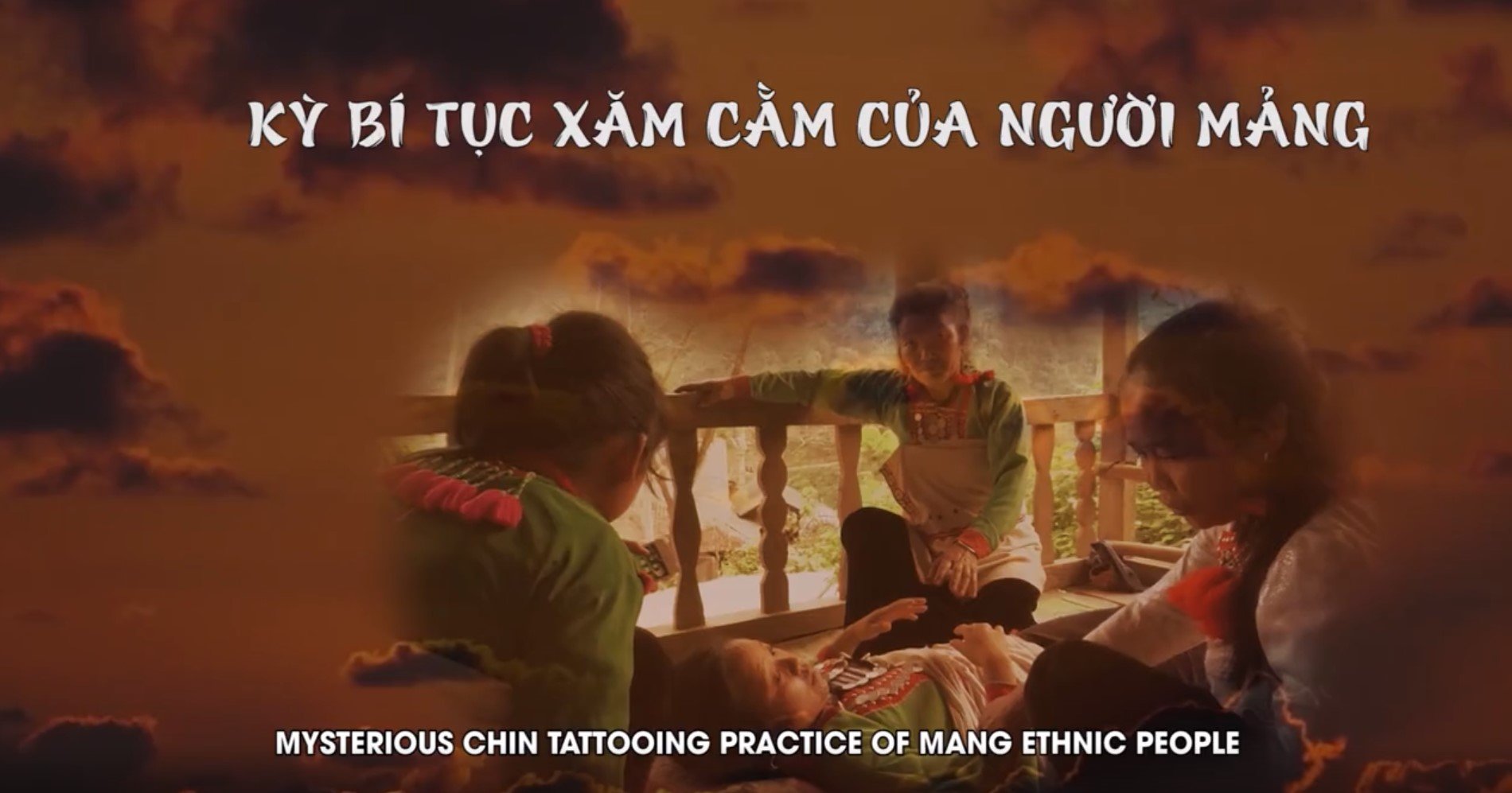
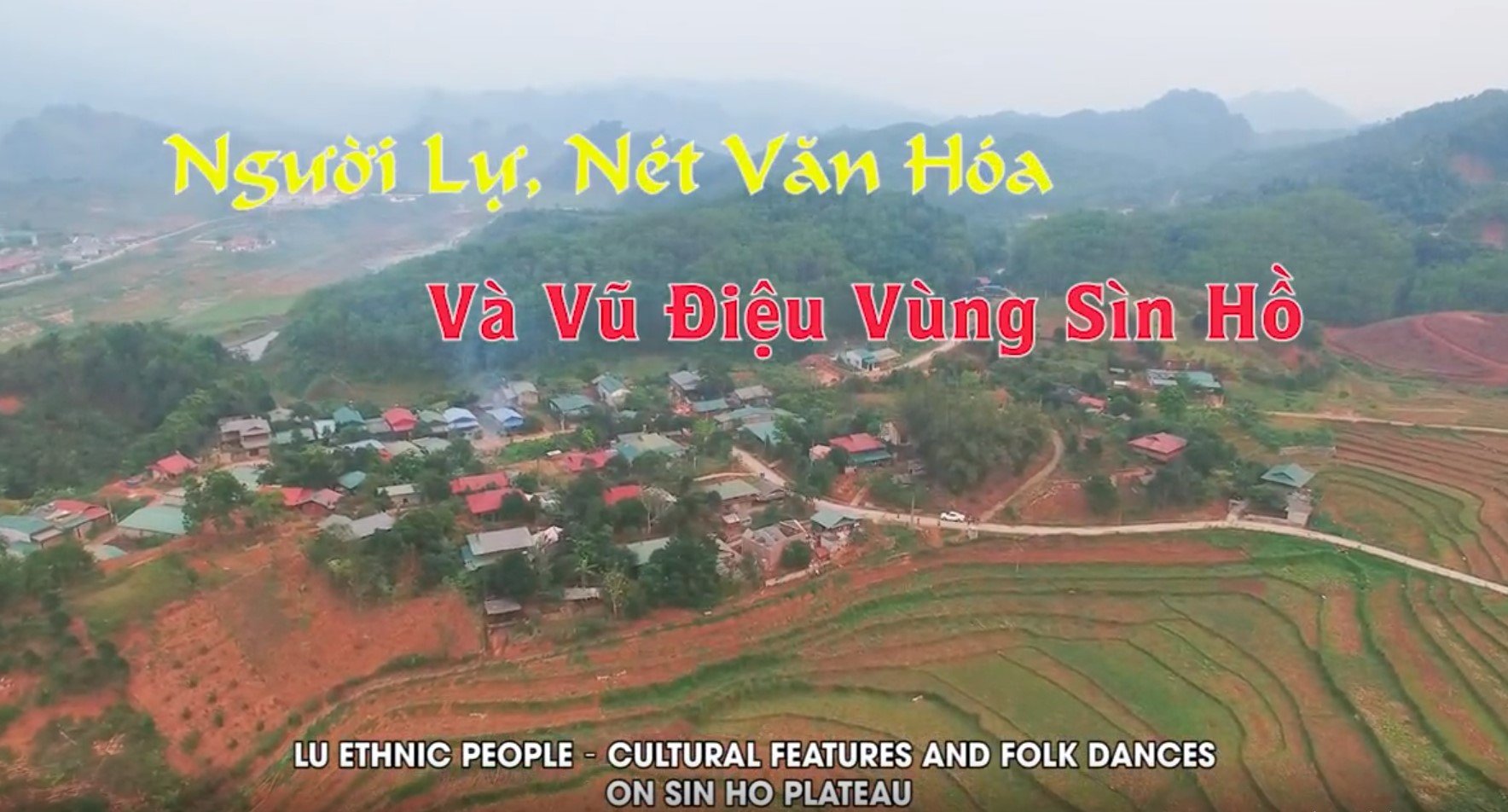
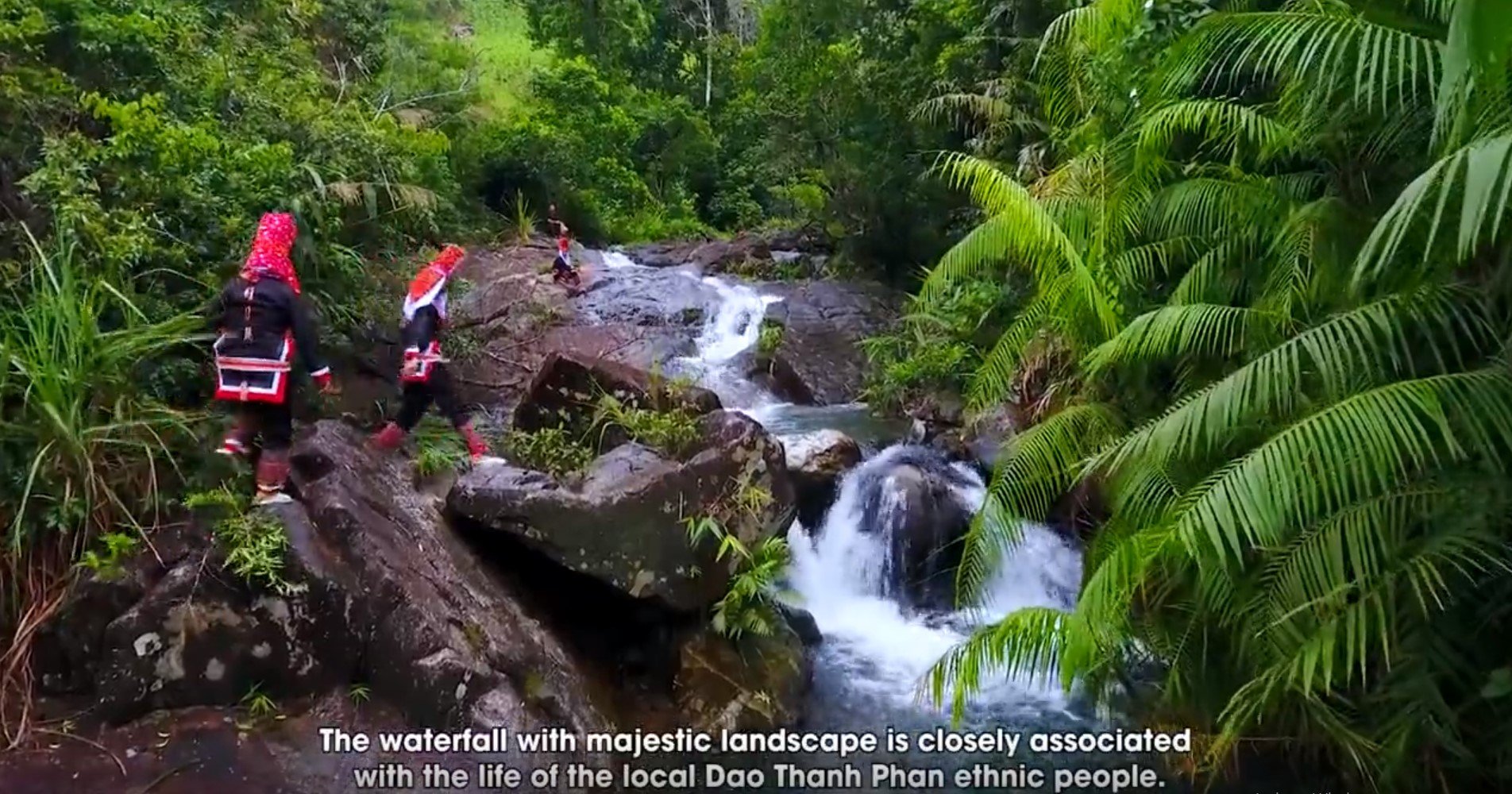










![[Photo] Prime Minister Pham Minh Chinh chairs Government Conference with localities on economic growth](https://vstatic.vietnam.vn/vietnam/resource/IMAGE/2025/2/21/f34583484f2643a2a2b72168a0d64baa)





















































Comment (0)